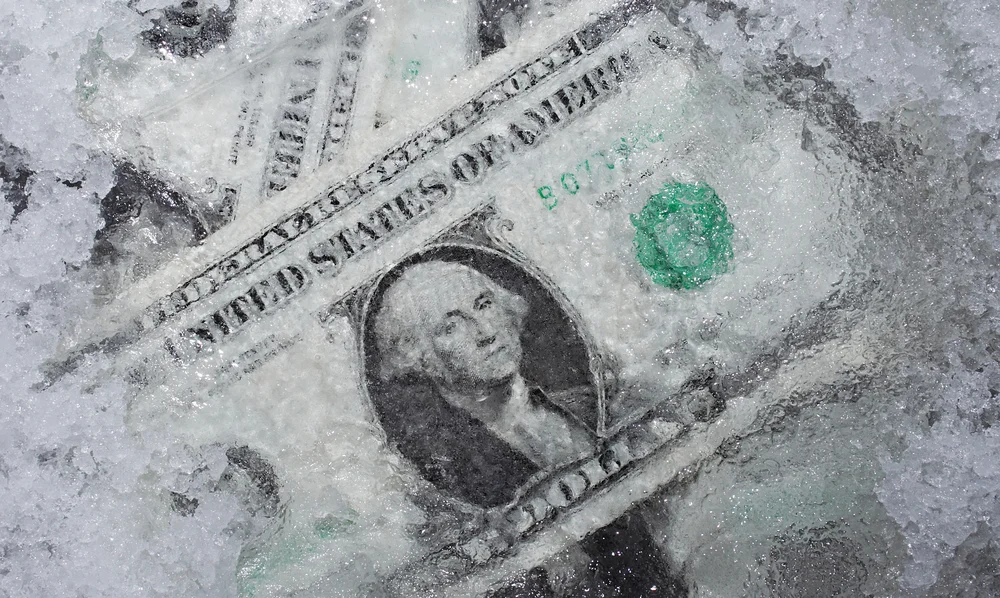Wells Fargo has been fined $250 million by the Office of the Comptroller of the Currency for “unsafe or unsound practices” related to the bank’s home lending business. Wells Fargo’s top federal banking regulator, OCC, imposed the penalty for misconduct “related to material deficiencies regarding the bank’s loss mitigation activities and violations fo a 2018 consent order issued by the agency.
The order in 2018 required Wells Fargo to take actions to account for the deficiencies in its risk management program. This included a new risk management plan and forming an independent committee that would evaluate its progress. The 2018 order noted the misconduct related to mortgage, auto loans and other violations.
The CEO of Wells Fargo, Charlie Scharf stated: “Building an appropriate risk and control infrastructure has been and remains Wells Fargo’s top priority”.
The OCC had also issued a cease and desist order against Wells Fargo on Thursday that restricts the bank from acquiring certain third-party residential mortgage servicing and requires the bank to ensure that borrowers are not transferred out of the bank’s loan portfolio until remediation is provided.
The OCC said it issued the order due to the bank’s failure to establish an effective home lending loss mitigation program. Loss mitigation refers to the process in which mortgage lenders and borrowers seek alternatives or work together to avoid foreclosure.
The fine comes nearly fine years to the day after the discovery of Wells Fargo’s fake accounts scandal in 2016. The bank is still operating under the $1.95 trillion asset cap imposed by the Federal Reserve in the aftermath of the violations.
Effective Wednesday, a Consumer Financial Protection Bureau’s consent order issued in September 2016 regarding the Wells Fargo’s retail sales practices had expired, according to the bank.
Scharf referred to the orders expiration as a reflection of the bank’s progress. He stated: “We have done substantial work designed to ensure that the conduct at the core of the consent order — which was reprehensible and wholly inconsistent with the values on which this company was built — will not recur.”
For more than a decade, hundreds of thousands of Wells Fargo employees opened millions of fake accounts in customers’ names, among other misconduct.
At least 11 former bank executives have been charged by or settled with regulators since the misconduct was discovered. In early 2020, Wells Fargo agreed to pay $3 billion to resolved the criminal and civil probes of its phony sales practices between 2002 and 2016. The bank has also entered into a deferred prosecution agreement.












